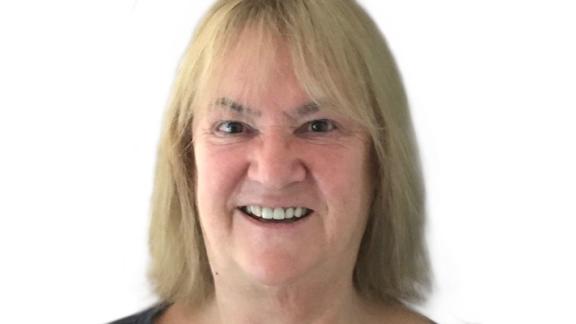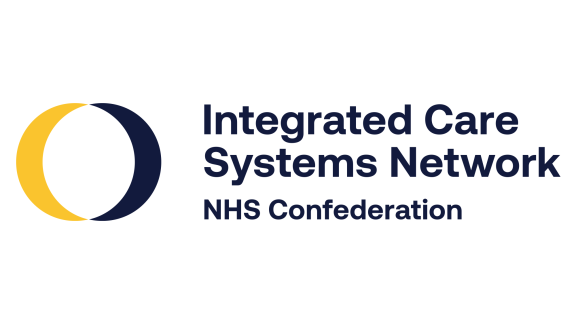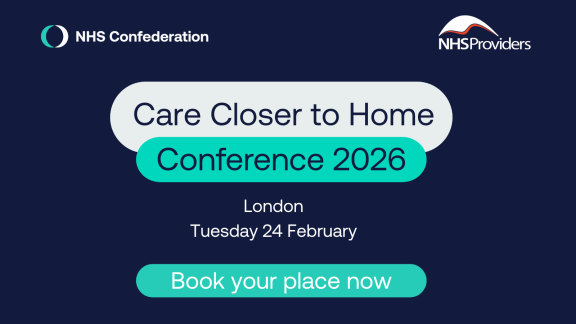Let’s hardwire difference into the ICS world

Gill Morgan, newly elected chair of the recently established ICS Network Advisorate, writes about her vision for the Advisorate and its role in making ICSs happen.
While in some communities, integrated care systems (ICSs) are the new kids on the block, we already have a lot of learning from elsewhere about what works from sustainability and transformation partnerships (STPs) and the early ICSs. The ICS Advisorate Network is here to help us share and build on the successes. This is, however, more complex than usual as the legislation will hardwire difference into the architecture of the NHS to reflect and support the fact that each ICS is unique - when you have seen one ICS, you've seen only one ICS!
For me the ICS Network Advisorate has a number of tasks and challenges:
1. The Advisorate has to influence what is coming out of the centre around the future shape and responsibilities of ICSs. It is well placed to do this as members are actively engaged in helping deliver NHS and social care recovery through transformation and developing the partnerships with local authorities and other sectors necessary to improve population health and tackle inequity. With the differences between ICSs, it is vital that there is flexibility to enable systems of varying geometry, scale and challenges to respond agilely to meet their particular circumstances. That means that functions may be delivered in a range of ways and the focus must be on the outcomes achieved not the prescription of how things should happen. The Advisorate must do its best to make this a reality and to enshrine legitimate difference.
2. In the longer term, there needs to be some consensus among ICSs and policy makers about the priorities for ICSs. There also needs to be agreement about how they can be held to account through more appropriate population metrics and helped to realise the benefits of stronger partnerships with local authorities. The current accountability framework is unclear about the balance of responsibilities between organisations, ICSs, regional offices and NHS England and NHS Improvement, and how the linked responsibilities for the NHS and local authorities will be exercised by the relevant government departments. The Advisorate needs to influence this agenda as well as stress that the style and tone of these functions is also important.
3. We are all excited by population health but understand that we have to deliver this alongside the short-term agenda that is important to citizens. People do want short waiting lists, effective services and easy accessibility, and ICSs have to deliver this in parallel with the longer-term prize of a reduction in poor health and inequity. Doing that effectively is going to be a challenge in the early years where COVID-19 recovery is vital and short-term pressures could drive out the long-term agenda. Collectively we need to be brave and protect the partnership and mutual agenda with local authorities, citizens and the voluntary sector.
4. How we learn effectively from each other and how we disseminate best practice is key for the Advisorate. The NHS is often not effective at sharing learning. We have a lot to learn from the peer approach developed by local authorities and need to find a way of disseminating best practice in a non-bureaucratic way.
So in doing all of this, what does the Advisorate need to be aware of?
- It's really important that we develop our relationships outside the NHS, and so I’m delighted that we have representatives from local government and will shortly have a public health input.
- Getting the relationships and accountabilities right with providers is vital. Every organisation in the NHS has a responsibility to the patients it serves and for good stewardship of resources. ICSs cannot replace governance at board level within provider and other institutions. They should however be able to facilitate mature conversations and solutions where things are beyond the control of an individual organisation, either directly or through a provider collaborative.
In some minds, this is a recipe for ICSs becoming talking shops. But I believe very strongly that proper discussions, unbounded by competitive drivers, and where relationships have been given time to blossom and flourish, will have the best chance of solving some of the seemingly intractable problems that the NHS faces.
I took this role as I am genuinely passionate about the opportunities for ICSs, if we can get it right. Being me, I find it impossible not to try and influence the development of something so potentially beneficial. As a public health physician, to hear everyone talking about inequalities and the longer-term determinants of health feels like my ‘coming of age’ present. I was absolutely delighted that my peers elected me to this role and I will do my utmost to make sure that the challenges we face are highlighted in constructive and imaginative ways.
If the Advisorate can help ICSs deliver for citizens, then I will feel very proud to have helped in that development.
Gill Morgan is chair of the ICS Network Advisorate. Follow her on Twitter @MorganSagartia



